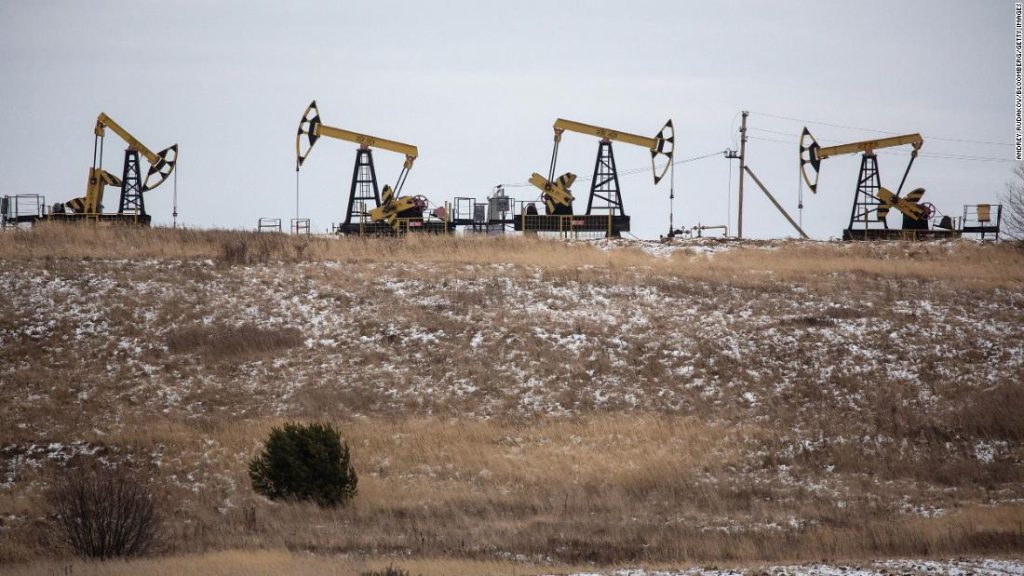Finance Minister Christian Lindner, speaking to Julia Chatterley, a CNN reporter, said Germany would agree to any new sanctions on Russia with its EU partners.
“Germany is ready to impose new sanctions, including an oil embargo,” he said.
Lindner said he did not want to speculate on whether some EU member states, such as Hungary, would have to be exempted or excluded from an oil embargo.
“I can assure you that Germany is ready to reduce oil imports, and we know that others are thinking carefully about this question,” he added.
Last year, Russia accounted for about 27% of the EU’s oil imports. It also supplied about 40% of Europe’s natural gas. EU leaders have already promised to cut Russian gas imports by 66% this year, and break the bloc’s dependence completely by 2027.
“We have set ourselves up to be less dependent on Russian energy imports,” Lindner said. “We can reduce imports, starting with coal and then oil. It will take more time to be independent from imports of Russian natural gas, but we will continue to do so in the end, we will be completely independent from Russia,” he added.
Moscow raised the stakes in a tense energy crisis with Europe last week by cutting off natural gas supplies to Poland and Bulgaria. The state giant Gazprom said that neither country agreed to President Vladimir Putin’s request to open two accounts in Gazprombank for customers in “unfriendly” countries – one in euros and the other in rubles, where gas payments would be made.
The vast majority of Gazprom’s contracts with its European customers provide for payment in euros or dollars. The Kremlin’s ultimatum over the ruble payments is widely seen as a move to bolster the war fund and boost the Russian currency.
Is Germany next?
German gas distributor Uniper said last week that it would continue to pay for Russian supplies in euros but added that it believed a “sanction-compliant transfer of payments” was possible. She said she was studying the matter carefully in close coordination with the German government.
Lindner said he expects German utilities to abide by the terms of their contracts that require payment in euros or dollars.
“Germany cannot be blackmailed, we know that there is a dependence on natural gas from Russia, it is a reality. We need time to reduce this dependency,” he told CNN. “This is the status of contracts and we are not changing because Putin needs rubles for his war chest.”
Germany has reduced its consumption of Russian gas to 35% of imports from 55% before the war in Ukraine, but says it needs to keep buying from Moscow until at least next year to avoid a deep recession.
Uniper said it could not cope without Russian gas in the short term.
“This will have dire consequences for our economy,” she said in her statement.

“Writer. Evil travel maven. Avid creator. Proud beer expert. Music lover. Explorer.”











More Stories
Jake Sullivan meets Yang Jiechi in Luxembourg, paving the way for a possible meeting between Biden and Xi
The CDC adds 3 places to its “high” risk list, including Mexico and the United Arab Emirates
Wordle 359 June 13 – Struggling with Wordle today? THREE CLUES TO HELP ANSWER | Games | entertainment